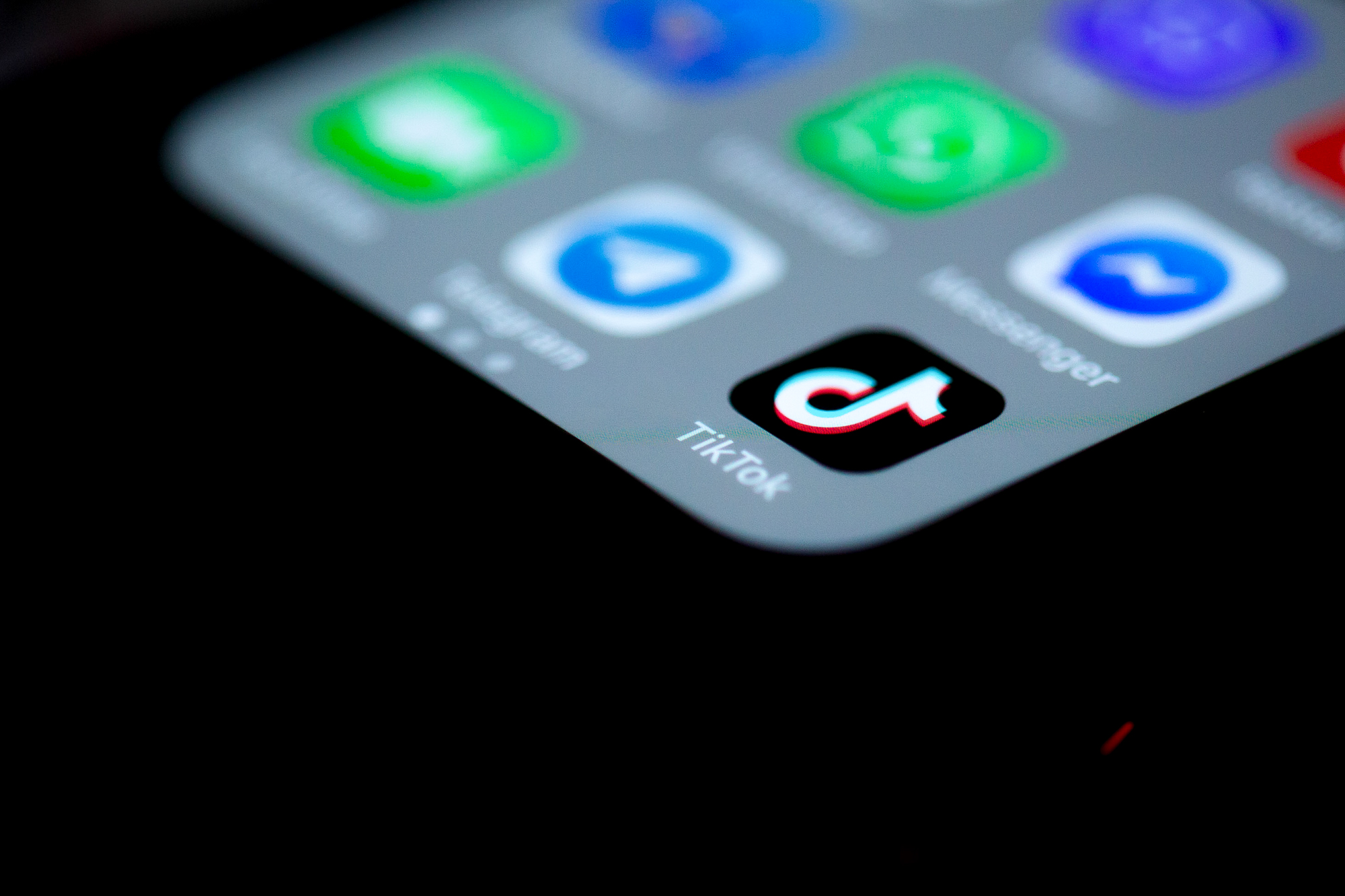Views expressed in opinion columns are the author’s own.
My generation is verifiably infatuated with TikTok. With its many users constantly dancing to hit tunes and scrolling through snappy memes, its reach has spread like wildfire through my friends and family. TikTok sends people into the void of endless scrolling down its many rabbit holes. It satiates this generation’s ever-wandering attention by not demanding it for no more than a few seconds at a time. I don’t even have TikTok for the sole reason that if I got it, I don’t think I’d ever stop scrolling.
But now, the United States government is concerned with our usage of TikTok due to data security issues with its parent company, ByteDance. Like many other Chinese companies, ByteDance could be forced to share potentially sensitive information with the Chinese government. Some states are already beginning to ban its usage on state-owned devices and some college campuses are following suit, prohibiting students from using it on their wireless networks. This university should not be one of them.
Despite TikTok’s downsides, the app should not be banned on the campus.
ByteDance’s flippancy toward data privacy is an overwhelmingly concerning issue, but it’s not an uncommon issue. Many other large companies also sell data to foreign powers that could potentially use our data against us.
Banning TikTok and ByteDance is less of a consumer protection measure and more of a proxy battle in the U.S.’ political war with China. Many big tech companies — openly or not — have also sold users’ data.
Some may argue the reason the American government isn’t pounding at the door to ban companies with similar data privacy issues — such as Google, Amazon and Apple — is that they provide an undeniable service to the American public. Yet, many of these companies sell users’ data without consent, which makes their net utility to the public very shaky.
Take Meta, a company that is not fundamentally different from TikTok. As far as I know, it doesn’t directly sell data, but it did stop just short of that in allowing companies like Cambridge Analytica to harvest users’ data to put out politically targeted ads.
Given that this university has not taken action against Meta or any of the other large tech companies that have flagrantly violated standards of ethical data handling, there’s no reason why it should single out TikTok in the near future.
The politicized argument that TikTok poses a security threat significantly greater than that of other large tech companies should not hold sway with university officials. The first and most major consequence is the inconvenience to young people who use TikTok constantly in and around the campus. This will likely continue regardless of whether or not this university decides to ban access to TikTok through our Wi-Fi.
Given the rampant addiction college-aged students have to TikTok, a ban would likely result in students resorting to their data plans. This will create a general inconvenience for students and in all, the university’s decision will not have done anything to help protect our data. All it will do is distance the relationship between this university and its students.
Furthermore, this university’s students are not just TikTok consumers: We are producers. Alumni who have gone viral on TikTok are examples of students pursuing and succeeding in non-traditional career paths. As the age of social media continues to proliferate, regardless of what field students go into, utilizing social media is key to marketing oneself.
Restricting access to TikTok on this university’s Wi-Fi would be quite explicitly discouraging social media literacy and entrepreneurship among students.
TikTok is a primary medium of expression and communication for young people in the U.S., including this university’s students. While there are numerous data privacy concerns with TikTok, these concerns are by no means unique to this platform. Banning one platform arbitrarily at this university and in this country is not going to magically save users’ data. It would potentially become a general nuisance for students who just want some entertainment throughout their day.
Ravi Panguluri is a sophomore computer science and statistics major. He can be reached at rpangulu@umd.edu.



